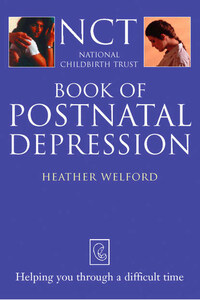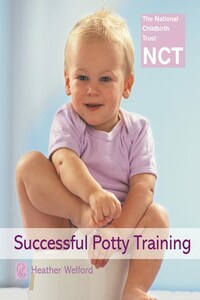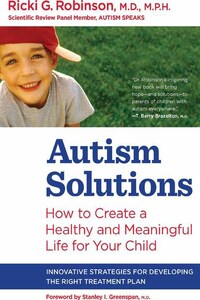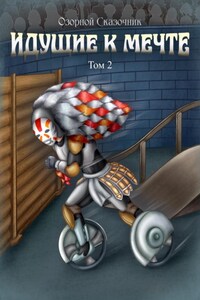NCT Book of
Postnatal Depression
Helping you Through a Difficult Time
Heather Welford
Thorsons/National Childbirth Trust Publishing
An imprint of HarperCollinsPublishers Ltd. 1 London Bridge Street London SE1 9GF
www.harpercollins.co.uk
First published by Thorsons and National Childbirth Trust 1998
© NCT Publishing 1998
Heather Welford asserts the moral right to be identified as the author of this work
A catalogue record for this book is available from the British Library
All rights reserved under International and Pan-American Copyright Conventions. By payment of the required fees, you have been granted the non-exclusive, nontransferable right to access and read the text of this ebook on-screen. No part of this text may be reproduced, transmitted, down-loaded, decompiled, reverse engineered, or stored in or introduced into any information storage and retrieval system, in any form or by any means, whether electronic or mechanical, now known or hereinafter invented, without the express written permission of HarperCollins ebooks
HarperCollinsPublishers has made every reasonable effort to ensure that any picture content and written content in this ebook has been included or removed in accordance with the contractual and technological constraints in operation at the time of publication
Source ISBN: 9780722536056
Ebook Edition © FEBRUARY 2016 ISBN: 9780007399697 Version: 2016-10-10
Cover
Title Page
Copyright
Foreword
Authorâs Note
Introduction
1 Postnatal Depression: What Is It?
2 What Causes Postnatal Depression?
3 Getting Help with Postnatal Depression
4 Postnatal Depression: Your Partner, Your Family
5 Four Stories
6 What About the Baby?
7 Puerperal Psychosis â One or Two in Every 1,000
8 You Will Recover: Sources of Support
Keep Reading
Bibliography
Index
About the Publisher
I am delighted to have been asked to write the foreword to this book. Anyone reading this who has suffered from postnatal depression will know what a frightening and debilitating illness it is.
I myself suffered severe depression when my son Matthew was born nine years ago and although I canât prevent it happening to others, I can talk about my own experiences and where I found the most help.
Postnatal depression can manifest itself in many ways and some symptoms are harder to detect than others. The worst thing a woman can do is to remain silent about how ill they feel. Postnatal depression is the major maternal illness and we must all help to remove the stigma that is still attached to any form of mental illness. It is not your fault. You should not feel guilty. You must seek help.
My own illness began with a series of panic attacks which were incredibly frightening and were completely alien to me. Then, over the next two days (this is all in the first week after delivery), the most terrible black depression descended on me. I lost all interest in the baby. I lost all sense of reality. I had a desperate childlike need for my mum. I basically had what was a nervous breakdown. I also had a beautiful baby, a lovely home, money in the bank, and a supportive husband, so let no-one tell you that depression only affects women living alone in a tenement block. It doesnât care who it hits. I had the most wonderful pregnancy. I was healthy, happy, and flowing with excitement and anticipation. If it can happen to me it can happen to anyone.
However, if you are reading this whilst suffering from postnatal depression or you are close to someone who is, remember â you will get better. Those around you need to tell you that every day. Donât be afraid of anti-depressants. They are non-addictive and they help you to see the light at the end of the tunnel. If you feel a lack of emotion, particularly towards your child, donât worry: your natural feelings will return.
Postnatal depression in a family is incredibly frightening â both for the woman suffering and for those who love her. But with medical care and a supportive family she will get better. It does take time and there are many different treatments, but you will find something that works for you. I found that talking to other women who had suffered and recovered was a huge help to me: there are organisations all over the country that will help you make those contacts.
Thank goodness for books such as this that will help increase awareness of the illness and will be a huge comfort to those women who are suffering and those people who are caring for a loved one who is ill.
Denise Welch is one of Britainâs most familiar faces, with roles in Soldier Soldier, Auf Wiedersehen Pet! and Spender to her credit. She can currently be seen as Natalie Horrocks in Coronation Street. Since recovering from postnatal depression after the birth of her first child, she has been heavily involved in charity work for sufferers of the illness.
All unattributed quotations in the book come either from the 18 women (and four men) I interviewed, or from articles and first-person accounts in









